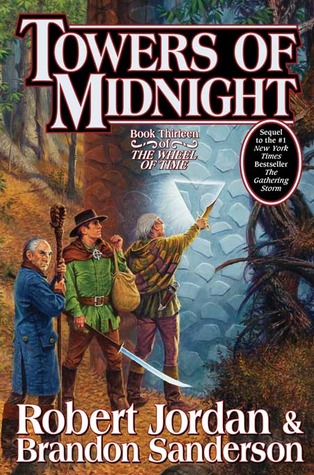A lot of people don't know Rudy Rucker, even though he's one of the founders of the cyberpunk movement. Gibson got more fame, Sterling got more respect, but Rucker is one of those writers who writes like no one else, and who no one else can really copy. And unlike Gibson, Rucker actually understands the science. He's a mathematician who's done interesting work in computer simulated automata. He's taught computer science, too. He's also won multiple Phillip K Dick awards for the series. The Wetware Tetralogy is probably his magnum opus. It consists of -- surprise -- four books:
Software(1982)
Wetware(1988)
Freeware(1997)
Realware(2000)
I don't want to go into too many details about the specific books, because the story takes some wild twists and turns, and is pretty easily spoilable. In short, this is a story about articificial intelligence, in many different forms, including -- eventually -- human intelligence digitized and living within semi-organic machine bodies.
Rucker himself believes its central threads are consciousness in all its forms, futuristic drug use, and the creative spirit. Unlike a lot of cyberpunk novels, this one focuses on artists and dropouts, not action heroes and hackers. There are hackers aplenty, but there are virtually no heroes, and even the best of characters have deep flaws in their psyches.
At the same time, it's a lighter feel than most cyberpunk fans are used to. There are jokes and many things, even huge events, unfold in a darkly comic way. And what seems to be a minor new thing often creates a phase change in technology and society. The world of the Ware books is changed, fundamentally, in every book, until finally -- in Realware -- we're looking at a version of the Singularity.
Rucker's prose style borrows from the beat writers heavily. It bops, it swings, it gets gnarly and complicated. He's also a fan of PKD and the high weirdness shines through. The ideas are big, but viewed through the lens of the small. You'll meet white trash merge -- a drug that literally softens your proteins until you run together into a blob with other people -- abusers. You'll find that my generation has been sent down to Florida, where we're called pheezers -- funky geezers -- and live off the Gimmie (what's left of the government.) There will be robots made of silicon and mold, called moldies. And people who want to fuck them -- cheeseballs. The books are full of drugs, sex, rock and roll, and strange new ways of making art.
At the same time, they deal heavily with our ideas of consciousness. If you're brain is copied into a moldie, are you human or robot? If a fourth-dimensional alien diety gives you a tool to create matter out of nothing, and copy yourself down to the atom, are you really you?
As all of this plays out, the changes send shocks through our society, and give rise to terrorist groups and assassins, desperate to stop the new from becoming real. And their actions further alter the world, as the best of intentions sometimes cause the very thing we're trying to avoid.
These are some of my favorite books. I read them originally as they came out, and in 1982 they were incredibly prescient about a number of things. But they're also deeply human books, which is sometimes a problem with science fiction. Writers forget that regardless of our technology, we'll still be the same fuck ups we are now. We'll use this great tech to get high as kites, and screw each other over in new and exciting ways. Rucker never forgets this. For every wonder, there's a moldie lifted on betty who completely fucks it up. For every bit of magic, there's a greedy shit head who makes things worse by trying to control the uncontrollable.
And the very best thing? Rudy Rucker gives the books away. He's made some money off them, and now he just wants you to read them. So you can pick up ebooks versions in a number of formats, in a couple of different places.
The version I used to re-read these books is here:
http://www.feedbooks.com/book/4949/the-ware-tetralogy














